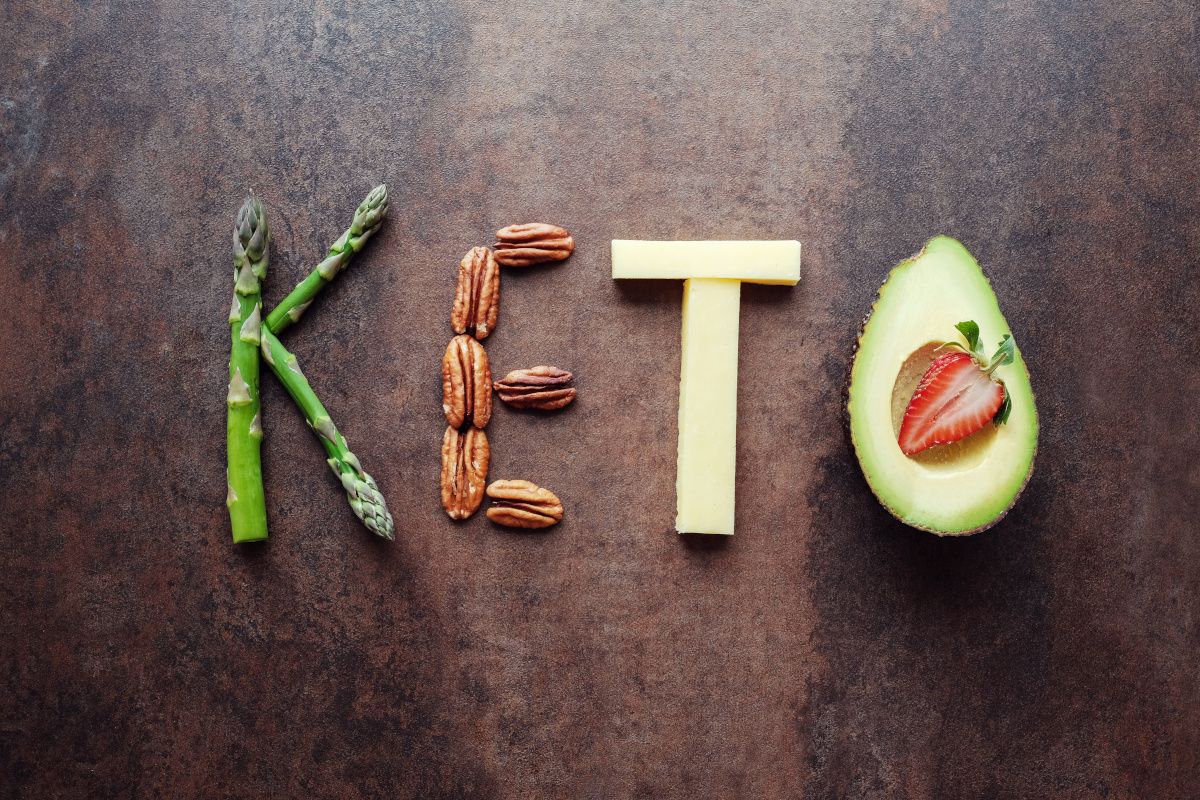Ketogenic ingredient 1,3-butanediol may increase ketone levels according to recent study
Geno recently announced the results of a study demonstrating the ketogenic effects of its exogenous ketone ingredient, Avelo 1,3-butanediol.
Photo © AdobeStock.com/SewcreamStudio

Geno (San Diego, CA) recently announced the results of a study1 demonstrating the ketogenic effects of its exogenous ketone ingredient, Avela 1,3-butanediol. In the open-label study, 26 healthy adults following a 12 hour overnight fast consumed one beverage containing 11.5 g of 1,3-butanediol at baseline, 30, and 60 minutes for a total intake of 34.5 g. Researchers assessed blood beta-hydroxybutyrate (BHB) levels, GI tolerability, and sleepiness at baseline, 30, 60, 90, 120, 180, 240, and 300 minutes. Additionally, subjects consumed a protein bar at 240 minutes.
Results showed that BHB levels increased significantly at each time point relative to baseline with females experiencing a significantly greater time to maximal concentration, and incremental area under the curve of BHB than males. The ingredient was also found to have no impact on sleepiness and was well tolerated.
BHB is a ketone which 1,3-butanediol can convert into. According to Geno’s press release, elevated levels of BHB have been reported in scientific literature to offer benefits such as increased energy, mental clarity, and improved athletic endurance.
“In this study, Avela demonstrated good tolerability when taken in accordance with GRAS guidelines,” said James Lowder, MD, hemotologist oncologist, and the study’s principal investigator, in a press release. “The results tell us we can consider 1,3-Butanediol effective at producing blood ketone levels comparable to those achieved through the diet alone.”
"Over the last ten years, scientists and consumers have realized that ketones are more than an emergency backup fuel,” added Brianna Stubbs, DPhil, lead translational scientist for The Buck Institute for Research on Aging. “They are discovering the different effects ketones can have within the body. This is an energizing, exciting moment and a step forward for the industry.”
Avela was launched in the U.S. in November of 2022 and has an independent conclusion of GRAS (generally recognized as safe) for use as a source of energy in beverages, bars, and gels.
Reference
- Lowder, J.; Fallah, S.; Venditti, C.; Musa-Veloso, K.; Kotlov, V. An Open-Label, Acute Clinical Trial in Adults to Assess Ketone Levels, Gastrointestinal Tolerability, and Sleepiness Following Consumption of ®1,3-Butanediol (Avela ™). Front. Physiol., 2023, 14, DOI: 10.3389/fphys.2023.1195702










